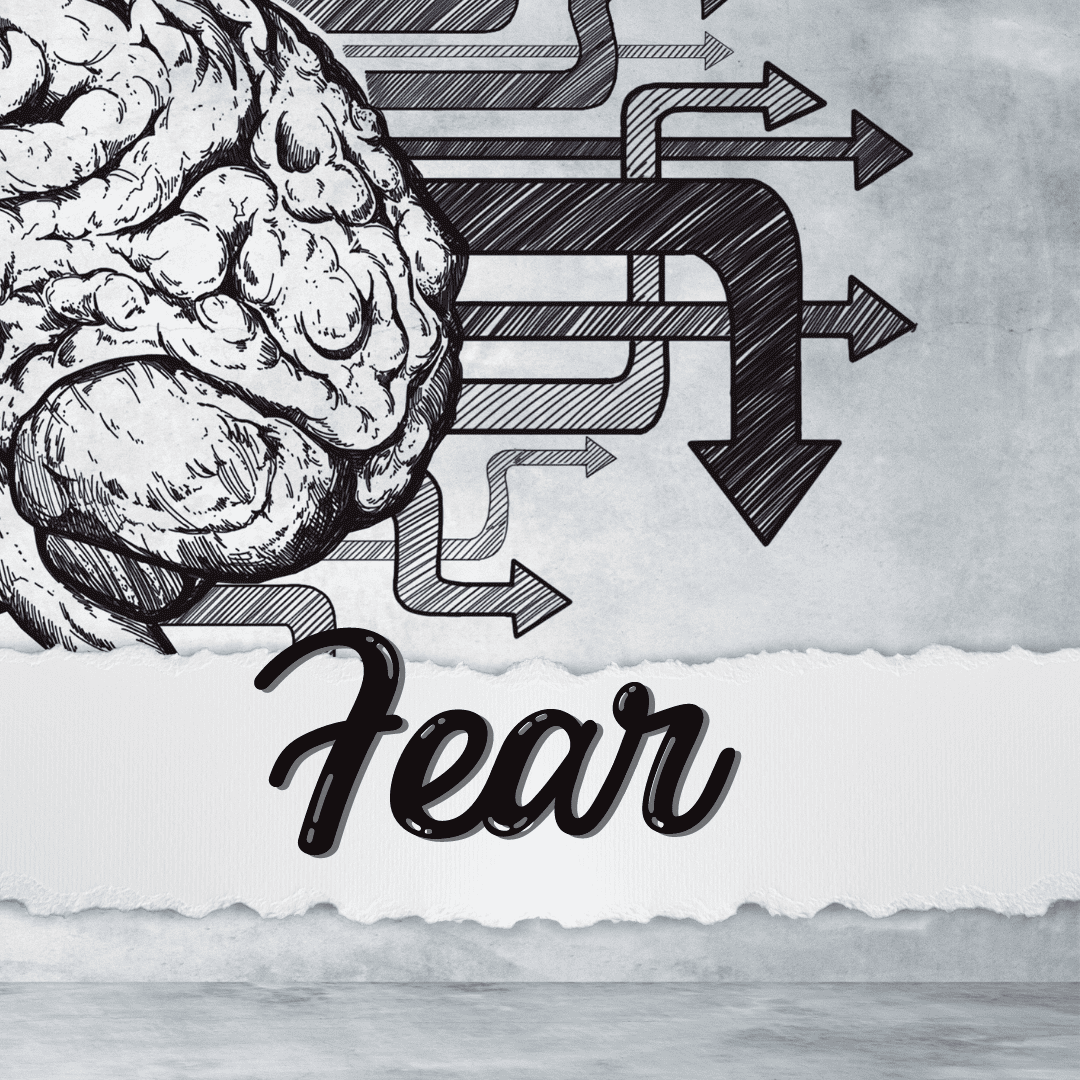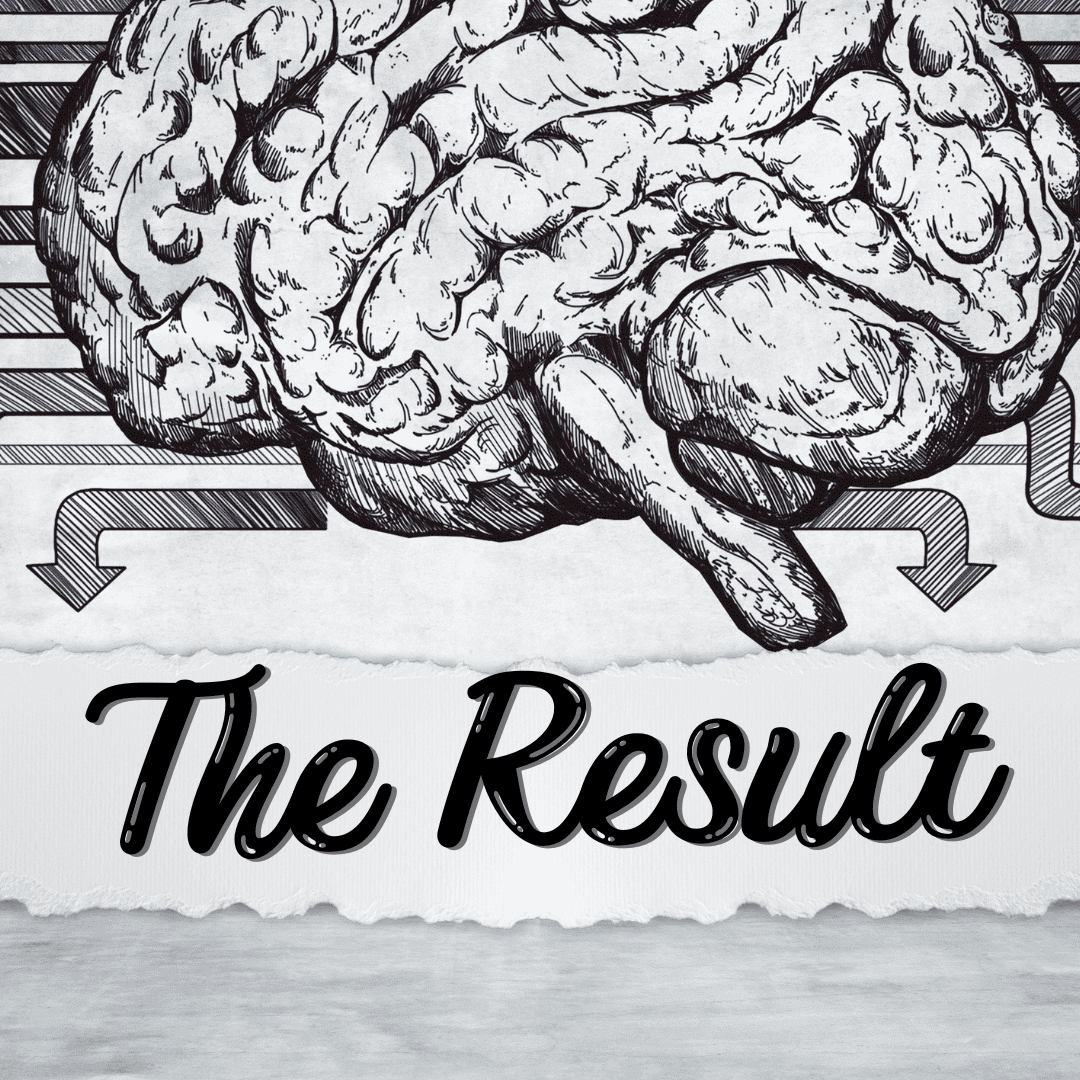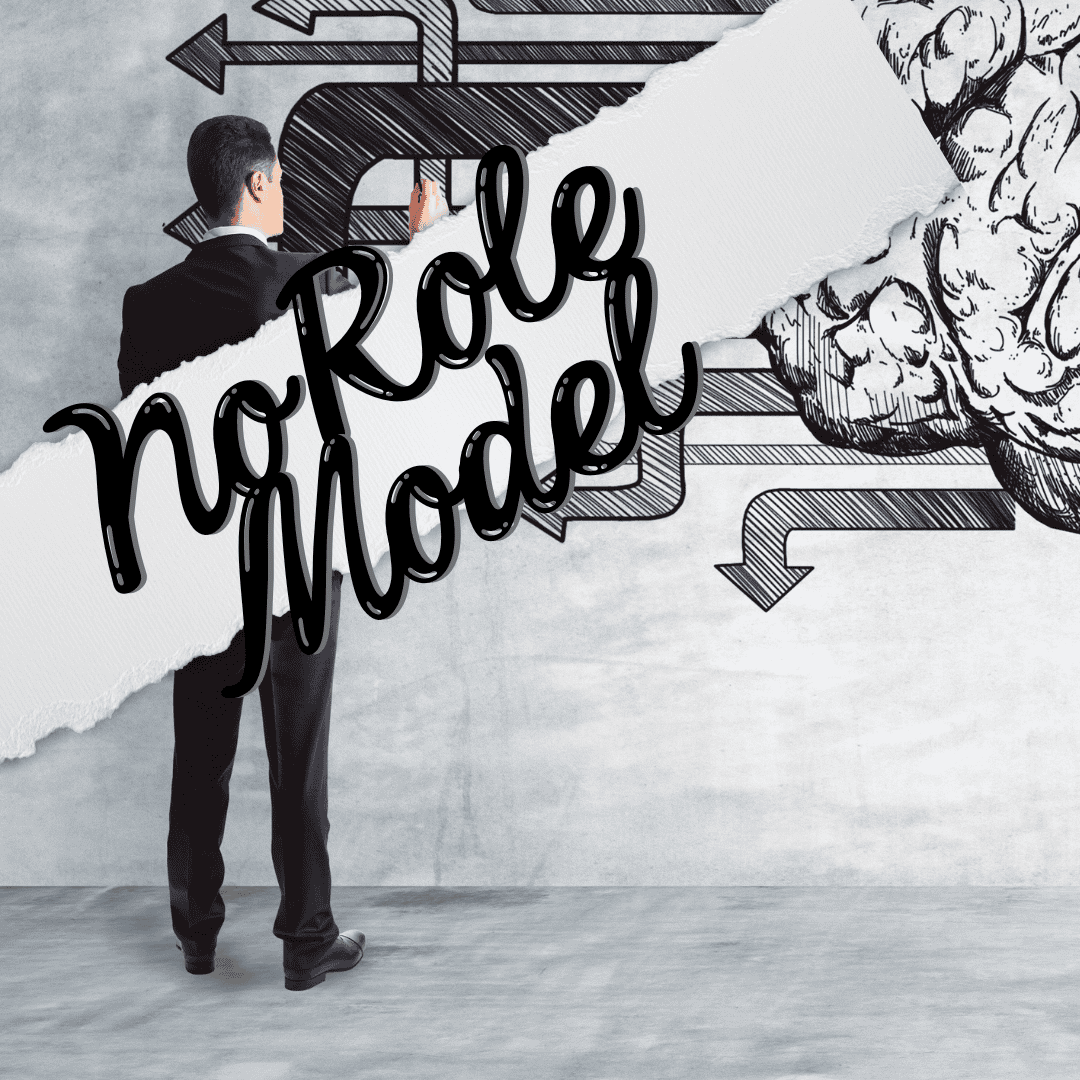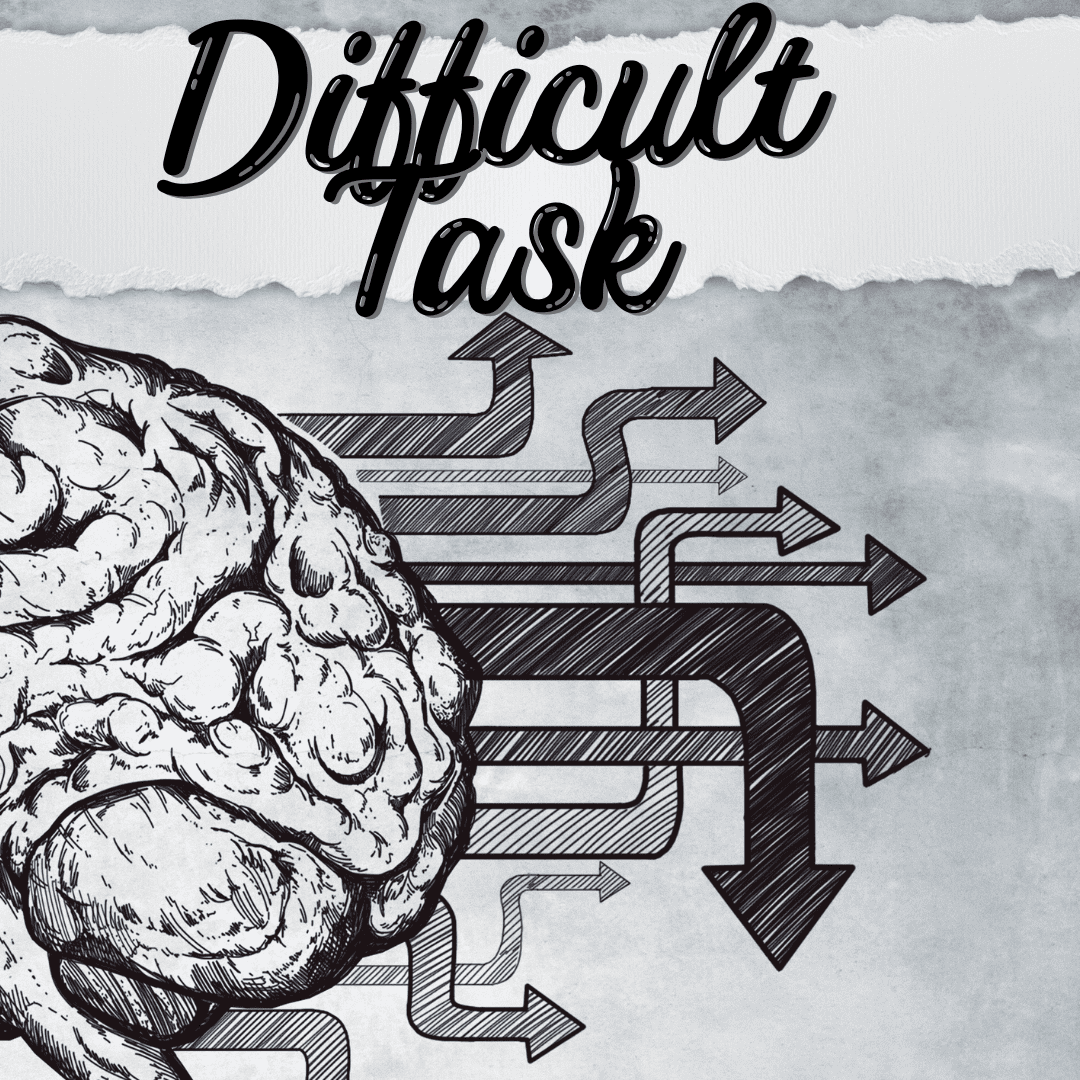Ever feel like no matter how hard you try, you’re held back by old beliefs, habits, or patterns? You’re not alone. While many of us strive to develop a growth mindset—a mindset that helps us adapt, learn, and succeed—there are hidden barriers to personal growth that often stand in the way.
Research shows that motivation and problem-solving are deeply connected. When we’re motivated, we’re more likely to overcome obstacles. But what happens when emotions, distractions, or subconscious habits derail that motivation? Suddenly, what felt urgent—like checking social media or putting off that important task—takes over, leaving you stuck in place.
This is where a growth mindset comes into play. But getting there isn’t as simple as it sounds. In this post, we’ll break down the key barriers to developing a growth mindset and give you the tools to break free from the mental blocks holding you back.
Let’s dive into the common obstacles and discover how to overcome them together.
What are the barriers to a growth mindset?
1. Lack of Self-Confidence

Self-confidence is the foundation upon which resilience and determination are built, but personal growth barriers can undermine this foundation. Without belief in our abilities, we hesitate to pursue our goals and may doubt our capacity to succeed. Even seemingly trivial tasks become daunting when we lack confidence in ourselves. This self-doubt undermines our motivation and willpower, leaving us stuck in a cycle of inaction.
Consider the analogy of lifting a stone from a pedestrian pathway. While the task itself may be straightforward, our perception of our own strengths and abilities greatly influences our approach. If we doubt our ability to lift the stone or fear the consequences of failure, we may not even attempt the task. As a result, we miss out on opportunities to challenge ourselves and grow.
In essence, cultivating a growth mindset begins with believing in ourselves and our potential. By overcoming fear and building self-confidence, we empower ourselves to embrace challenges, learn from setbacks, and ultimately achieve our goals.
Related Reading: How to ooze confidence
2. Fear

Fear can paralyze us, preventing us from taking action and embracing challenges. Whether it’s fear of failure, rejection, or the unknown, these anxieties create mental barriers that limit our potential. Instead of facing obstacles with resilience, we may avoid them altogether, opting for the safety of familiarity. Overcoming fear requires courage and a willingness to confront our insecurities head-on.
2a. Fear of Failure
The fear of failure is one of the biggest personal growth barriers that can inhibit our pursuit of a growth mindset. This fear often stems from societal pressures and the perceived consequences of falling short of expectations.
Whether it’s the fear of disappointing others, facing ridicule, or tarnishing our self-image, the prospect of failure can evoke strong emotions and doubts about our abilities.
In our quest for growth, the fear of failure can become a formidable obstacle, paralyzing us with indecision and preventing us from taking necessary risks.
Instead of embracing challenges as opportunities for learning and growth, we may find ourselves hesitating, playing it safe, or avoiding situations where failure seems likely.
How to overcome the fear of failure?
Overcoming the fear of failure requires a shift in perspective. We must recognize that setbacks and mistakes are inevitable aspects of the learning process. By reframing failure as a stepping stone to success rather than a reflection of our worth, we can counteract negative beliefs and cultivate resilience and courage in the face of adversity.
Embracing failure as a natural part of growth empowers us to approach challenges with greater confidence and tenacity, ultimately propelling us toward our goals.
2b. Fear of Success
The fear of success can manifest in various ways, presenting significant barriers to the development of a growth mindset. Individuals grappling with this fear may harbor deep-seated concerns about their ability to handle the responsibilities and expectations that accompany success.
For some, the fear of success arises from a persistent sense of self-doubt and unworthiness. They may engage in negative self-talk, doubt their competence, and attribute any past failures to inherent flaws or limitations, making it crucial to cultivate self-compassion. This self-sabotaging mindset undermines their confidence and motivation, hindering their ability to pursue ambitious goals with conviction.
Another aspect of the fear of success involves the pressure of heightened expectations from others. Individuals may fear that achieving success will only raise the stakes, leading to greater scrutiny and criticism in the event of any subsequent setbacks.
The fear of not being able to sustain or surpass initial achievements can be paralyzing, causing individuals to hold back or self-sabotage to avoid the perceived consequences of success.
How to overcome the fear of success?
Overcoming the fear of success requires a shift in mindset and a willingness to challenge limiting beliefs, which is essential for self-development. By reframing success as an opportunity for growth and fulfillment rather than a source of pressure or judgment, individuals can cultivate the confidence and resilience needed to pursue their aspirations wholeheartedly.
Embracing success as a natural outcome of effort and perseverance empowers individuals to step into their full potential and pursue their goals with clarity and purpose.
2c. Fear of Rejection
The fear of rejection can be a formidable barrier to cultivating a growth mindset and pursuing ambitious goals. It stems from a deep-seated concern about disapproval or criticism from others regarding one’s choices or actions.
Individuals grappling with the fear of rejection often experience anxiety about not meeting the expectations or standards of those around them. This fear manifests in various scenarios, such as hesitating to pursue challenging endeavors for fear of not being approved or liked by peers and friends.
For example, consider a professional tailor known for his prompt service and commitment to meeting tight deadlines. Despite knowing that rushing through a task compromises quality, he feels compelled to accept every request without hesitation to maintain his reputation.
This fear of rejecting clients’ demands undermines his ability to prioritize quality over quantity, highlighting the need for self-discipline.
Similarly, imagine an aspiring actress facing resistance and discouragement from family and peers who question the feasibility of her dream. Despite her determination to pursue her passion, the persistent doubts and criticisms erode her confidence over time. The fear of being judged or rejected by those she cares about ultimately leads her to abandon her aspirations.
How to overcome the fear of rejection?
Overcoming the fear of rejection requires resilience and self-assurance. It involves recognizing that seeking validation from others is futile and embracing the courage to pursue one’s path despite potential disapproval. By reframing rejection as a natural part of growth and learning, individuals can cultivate the confidence to pursue their goals authentically and unapologetically, fostering self-improvement.
2d. Fear of Mediocrity
The fear of mediocrity is a pervasive barrier that often plagues individuals striving for excellence in every aspect of their lives. Rooted in the desire for perfection, this fear drives individuals to avoid being perceived as average or ordinary in any endeavor.
For many, perfectionism is viewed as a commendable trait, leading them to relentlessly pursue flawlessness without realizing the underlying fear of mediocrity that drives their actions. They engage in tasks and activities not out of genuine passion or interest but rather to avoid being labeled as mediocre by others.
This fear manifests in various behaviors, such as overcommitting to tasks, seeking constant validation and approval, and avoiding risks or challenges that may result in perceived failure or inadequacy. Individuals driven by the fear of mediocrity often find themselves trapped in a cycle of striving for unattainable standards, leading to burnout and dissatisfaction. By reframing mediocrity as an opportunity for growth and self-discovery, individuals can liberate themselves from the shackles of perfectionism and cultivate valuable lessons.
How to overcome the fear of mediocrity?
Overcoming the fear of mediocrity requires a shift in perspective and a willingness to embrace imperfection as a natural part of growth and learning in everyday life. It involves recognizing that true excellence lies not in the absence of flaws but in the courage to pursue goals with authenticity and resilience, regardless of societal expectations or judgments. By reframing mediocrity as an opportunity for growth and self-discovery, individuals can liberate themselves from the shackles of perfectionism and cultivate a more balanced and fulfilling approach to life.
3. Expecting a Specific Result

The anticipation of outcomes often acts as a double-edged sword. While it can serve as a source of motivation, propelling individuals to strive for success, it can also become a barrier when the fear of disappointment or failure looms large.
The pressure to meet expectations, whether self-imposed or influenced by external factors, can lead to heightened anxiety and self-doubt. This fear of falling short can paralyze individuals, preventing them from taking the necessary steps toward their goals.
How do we overcome needing a specific result?
To overcome this barrier, it’s essential to shift the focus from the end result to the process itself. The anticipation of outcomes often acts as a double-edged sword, serving as one of the barriers to personal growth and development. By concentrating on the actionable steps within their control, individuals can alleviate the burden of expectations and reduce anxiety.
Embracing a growth mindset, they can view setbacks as valuable learning opportunities rather than insurmountable obstacles. Furthermore, prioritizing progress over perfection can help individuals navigate uncertainties with resilience.
By acknowledging that success is not defined solely by outcomes but also by the journey taken, individuals can cultivate a sense of empowerment and realize their full potential.
4. Lack of Role Model

For some individuals, the absence of a role model to emulate can be a significant barrier to developing a growth mindset. Perfectionists, in particular, may struggle to find someone who truly impresses them with their greatness. Without a source of inspiration or guidance, they may feel demotivated and lack the drive to pursue challenging tasks.
The absence of a role model deprives individuals of a source of motivation and encouragement. Without someone to look up to or aspire to be like, their aspirations may remain stagnant, and their potential for growth may go unrealized. This lack of external stimulation can lead to a sense of complacency, where individuals simply go through the motions without pushing themselves to explore their capabilities.
Moreover, without a role model to set a precedent for success, individuals may struggle to envision what they are truly capable of achieving. The absence of someone to trigger their ambition and challenge their limits can result in a lack of self-discovery and personal development.
How to overcome lacking a role model?
To overcome this barrier, individuals must adopt a proactive approach to seeking inspiration and motivation. While they may not find a single role model to emulate entirely, they can draw inspiration from various sources, including mentors, leaders in their field, or even fictional characters who embody traits they admire. By expanding their sources of inspiration and actively seeking out opportunities for growth, individuals can cultivate a mindset of continuous learning and personal growth.
5. Difficulty of the Task at Hand

The perceived difficulty of the task at hand often serves as a formidable barrier to cultivating a growth mindset. When faced with challenges that seem insurmountable, many individuals are deterred from even attempting to pursue their goals.
Consider, for example, an individual who has never participated in any sports competition being challenged to run a marathon. The enormity of the task may seem overwhelming, leading to feelings of fear and apprehension. Despite telling themselves that with practice, they can succeed, they may still harbor doubts about their ability to complete the race without injury or exhaustion.
The fear of failure looms large when individuals confront tasks that are beyond their comfort zone or skill level. They may question their own capabilities and worry about the potential consequences of falling short of their goals. As a result, they may hesitate to even attempt the task, preferring to avoid the discomfort and uncertainty associated with stepping outside their comfort zone.
How do you overcome limiting beliefs when facing a difficult task?
To overcome this barrier, individuals must adopt a growth-oriented perspective that embraces challenges as opportunities for learning and development. By reframing their mindset to view difficulty as a natural part of the growth process, individuals can approach tasks with greater resilience and determination. Through perseverance and effort, they can gradually expand their capabilities and overcome obstacles that once seemed insurmountable, fostering self-awareness.
Conclusion
The human mind is an incredibly powerful tool, capable of shaping our reality and influencing our ability to achieve our goals. Our beliefs about ourselves play a fundamental role in enhancing our willpower and determining our success, making self-development essential. When we cultivate positive thoughts and beliefs, we are more likely to take action and persevere in the face of challenges.
Research in the field of neuroplasticity has demonstrated the remarkable capacity of our nervous system to adapt and reorganize in response to our experiences and internal dialogue. By consciously practicing positive thinking and reinforcing neural pathways associated with our desired outcomes, we can train our minds to work toward our dreams and aspirations.
It is crucial to recognize and address the barriers that hinder our growth mindset, such as fear of failure, lack of self-confidence, and resistance to change. By confronting these obstacles head-on and adopting a growth-oriented perspective, we can unlock our full potential and pursue our goals with greater determination and resilience.
Ultimately, the journey to developing a growth mindset requires commitment, self-awareness, and a willingness to embrace discomfort and uncertainty. By harnessing the power of our minds and cultivating a positive and resilient mindset, we can overcome challenges, achieve our aspirations, and lead fulfilling lives enriched by continuous growth and development.












